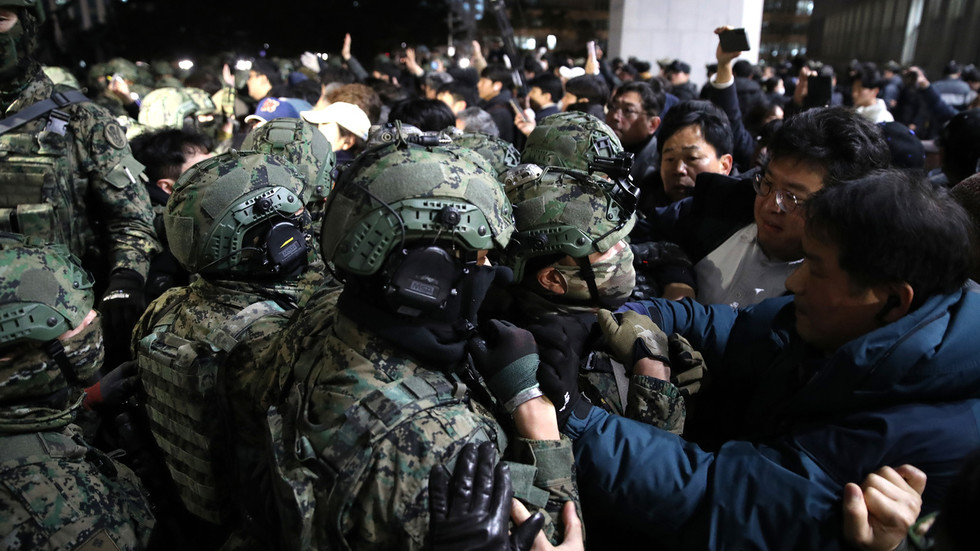Canada’s health agency continues to mislead the public about the modified RNA COVID-19 vaccines. Health Canada’s recent decision to withdraw and destroy the XBB.1.5 vaccine doses has raised concerns, especially since the agency worked hard to avoid vaccine gaps throughout the pandemic. This move prompted Conservative MP Colin Carrie to question the differences between the withdrawn XBB.1.5 vaccines and the updated KP.2 formulations, as well as the legal implications of destroying physical evidence for those injured by the novel injections.
Carrie also queried the government on the cost of destroying the doses, and the nature of a “contractual obligation” tied to the withdrawal, based on an article that suggested a new regulatory process. Furthermore, the MP pressed Health Canada on whether the new vaccine formulations would address contaminants, like the SV40 promoter sequence — a DNA fragment derived from the simian virus 40 (SV40) used in genetic engineering, which has sparked concerns about its possible link to genetic mutations and cancer.
Liberal MP Yasir Naqvi, Parliamentary Secretary to the Minister of Health, responded that the updated vaccines are a modification of the previous versions, not a new drug, and thus do not require a new Drug Identification Number (DIN). He claimed that this approach aligns with international standards. However, using the same DIN for different formulations could create confusion and complicate accurate safety reporting, rather than support it.
Naqvi also defended the new Kp.2 formulations, claiming they offer “increased effectiveness.” Yet, data from Public Health Ontario shows that the Kp.2 strain is no longer prevalent, with the KP.3.1.1 strain now dominating. This raises doubts about the effectiveness of the new vaccines, as they fail to target widely circulating strains.
Naqvi confirmed that the SV40 promoter sequence was found in the Pfizer-BioNTech vaccine but downplayed its significance, stating it was “inactive” and below Health Canada’s safety limits. However, this contradicts internal communications from Health Canada, which sought clarifications from Pfizer on this issue.
Genomics expert Kevin McKernan, who first reported the SV40 promoter’s presence, has raised alarms about the implications for safety and regulatory standards ever since.
Experts like McKernan and Dr. Phillip Buckhault have also pointed out that existing vaccine regulations are outdated and inappropriately applied to the novel mRNA vaccines. Traditional vaccine regulations were designed for older vaccine types and fail to address the unique risks associated with mRNA technology, which includes modified RNA and lipid nanoparticles — elements not considered when these regulations were first created.
Adding insult to injury, Naqvi revealed that approximately 670,000 doses of the Pfizer vaccine are set to be destroyed, at a cost of $137,000.
This destruction comes after taxpayers funded the costly shots, the $10 million marketing campaign designed to push compliance, and nearly $40 million for a Vaccine Injury Support Program that instead enriched consultants, only for taxpayers to now foot the bill for destroying the very doses they were coerced into taking.

 By Rebel News | Created at 2024-12-03 21:56:26 | Updated at 2024-12-04 19:03:42
21 hours ago
By Rebel News | Created at 2024-12-03 21:56:26 | Updated at 2024-12-04 19:03:42
21 hours ago







